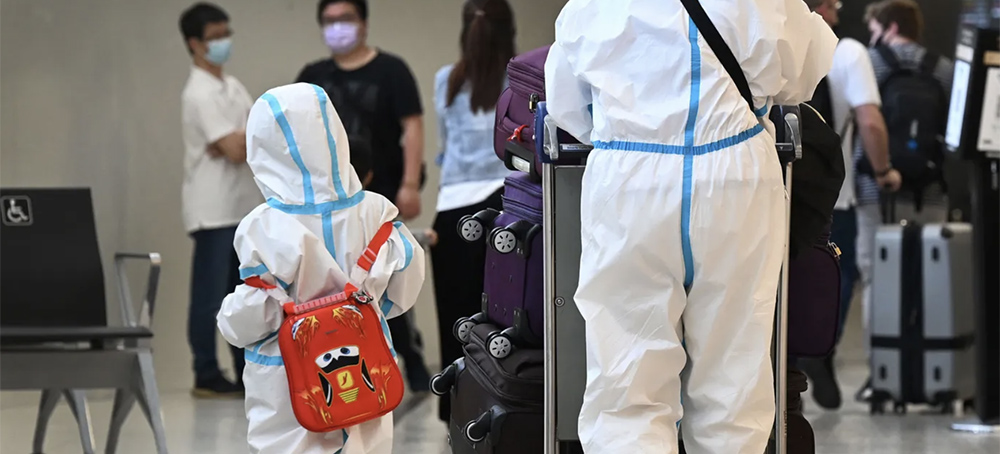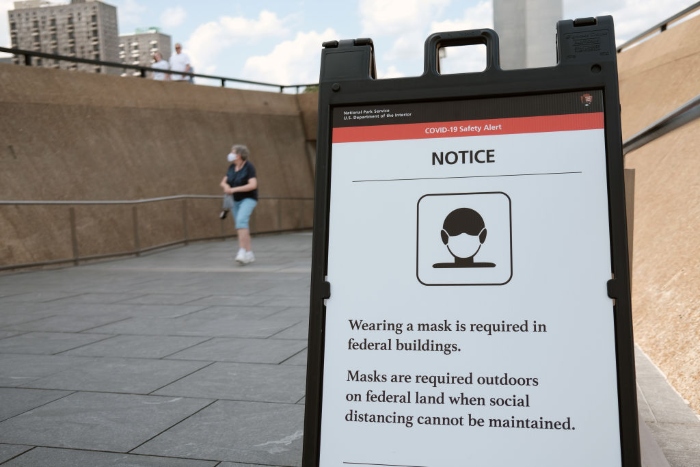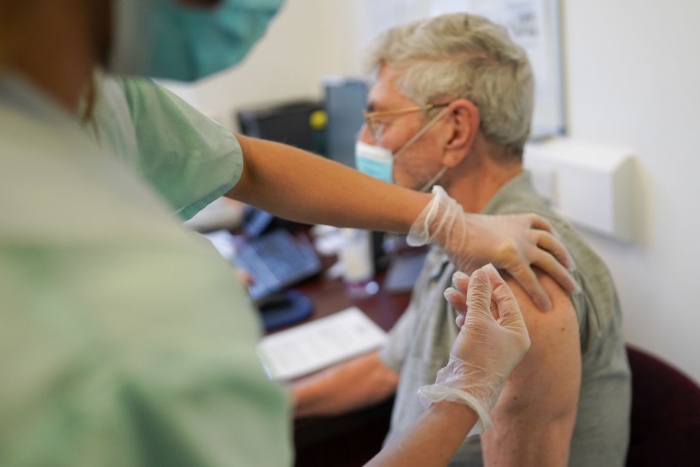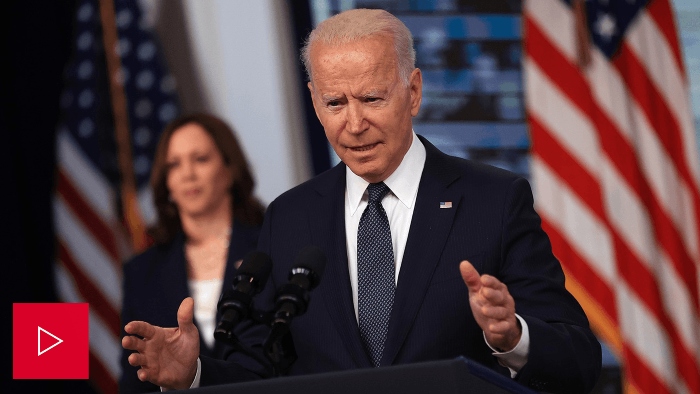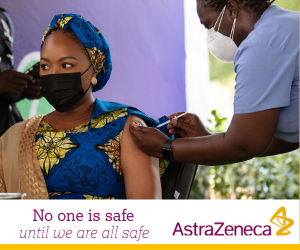Live on the homepage now!
Reader Supported News
Where does your thinking stand on Omicron?
There’s a few ways to look at this variant. First of all, it looks as if there are a lot of similarities in terms of the spectrum of illness, so at this point, the two big questions are: Is it more transmissible than Delta, and what’s the story on immune escape? In terms of immune escape, we’ve seen all of these mutations in the receptor-binding domain in the spike protein, and that probably means Omicron will disproportionately affect people with partial immunity, either because they didn’t get vaccinated after infection and recovery or because they got their first two doses and never got their third. We have studies from the CDC that show people who were previously infected and recovered, but never got vaccinated, are twice as susceptible to Delta reinfection. That’s almost certainly going to be the case with Omicron reinfection. That’s what’s happening in South Africa, and it’s going to be a major issue if Omicron starts to gain ascendancy in the U.S. Now, there are studies from Michel Nussenzweig’s lab at Rockefeller University that show that people — not from Omicron, specifically — who are infected and recovered and then get vaccinated seem to have this phenomenon of epitope broadening and are more resilient to new variants.
Everybody is asking me, “Okay, I got three doses, and have that 30- to 40-fold rise in my virus-neutralizing antibody. Am I protected against Omicron?” The answer is, I think you probably are, but we don’t know. We’re doing experiments in our lab, because we have a COVID vaccine, and Moderna, Pfizer, and J…J, and AstraZeneca are almost certainly doing the same experiments.
As you said, the current vaccines, with boosters, offer a 30- to 40-fold increase in virus-neutralizing antibodies. At a public-health level, at what point should we be concerned about the efficacy overall of the vaccines?
We’ll have to see how much of a drop there is. We saw some drop in our virus-neutralizing antibodies against the Beta variant last year, and the Lambda. But it wasn’t enough to really concern us. The question is, will this drop even further and at what threshold will it really be a problem? And remember, this is all in vitro laboratory experiments. We still need to do the vaccine-effectiveness studies as well before we get a better picture.
The best-case scenario is that the antibodies in the three immunizations hold up. I’m pretty optimistic they’ll hold up at some level, at least to prevent hospitalizations, but I’m hoping for more than that. If it doesn’t, do you then try to develop an Omicron-specific booster? And is that feasible? People are just assuming that it is.
But vaccine makers have said they can tweak the existing formulas relatively easily, right?
The actual manipulations in the lab to make a booster are not complicated. But there is this phenomenon that’s sometimes called “original antigenic sin,” which means it’s not easy to shift over the immune response to something that’s similar but not quite the same. It’s not a slam dunk. You can’t just assume, “Yeah, no worries, we’ll just make an Omicron-specific booster.” It’s not hard to make, but we don’t know for certain that it’s going to work.
Should we develop an Omicron-specific vaccine; is it possible that the approach to vaccines becomes more prescriptive based on different personal characteristics and immunity?
That’ll depend on a lot of things. By the time that booster is ready and shown that it actually works, and goes through regulatory approval, there are potentially going to be a lot of people already infected with Omicron. Then you have to decide whether it’s worth it at that point. It probably is, but we need a lot more information. It’s going to be very complicated if we have to introduce Omicron-specific boosters. My strong hope is that we won’t have to go there, because it will get very messy very quickly.
What about it will be messy?
Actually demonstrating that it works, scaling up the distribution, the same vaccine-equity issues all over again, the public-health messaging, which has already been so complicated to begin with, and all of the anti-vaccine aggression. It’s doable, but if we have to go there, it’s going to be a slog at the scientific level, the public-health level, and policy level.
For the next few weeks we might see both variants in play, with Delta more likely to infect the unvaccinated and Omicron to infect those who are partially immune. For now, I think we should think about this as a twin epidemic of those two variants.
Should the worst-case scenario be true, that Omicron evades vaccines somewhat easily, what other public-health measures will be on the table?
Whether you’re worried about Delta or Omicron, as of today, the strategy is the same. If you’ve gotten two doses, get your third, if you’re eligible. If you are infected, recovered, and haven’t gotten vaccinated, get vaccinated. And vaccinate your kids. That’s going to be needed to combat the next Delta wave that’s coming and it’s going to be needed for Omicron as well.
If Omicron starts to accelerate to the point where it outcompetes Delta, like Delta outcompeted Alpha, then we’re going to start maximizing non-pharmaceutical interventions, which will include masking in public and minimizing large gatherings again.
Is that something we’ll understand before the holidays?
I think so. Roughly two weeks from now, we’ll know a lot more. A few days before the holidays, we’ll know whether Omicron is starting to really accelerate dramatically like it is in South Africa and we’ll know a lot more about the performance of the vaccines, both from the laboratory and in terms of people getting hospitalized and sick. In the meantime, my recommendation is to be conservative in terms of your activities, wearing masks when you go shopping and that sort of thing, and don’t be too ambitious about the types of holidays you’re planning. Try to keep the gatherings modest in size and with everybody vaccinated.
Follow us on facebook and twitter!
PO Box 2043 / Citrus Heights, CA 95611

